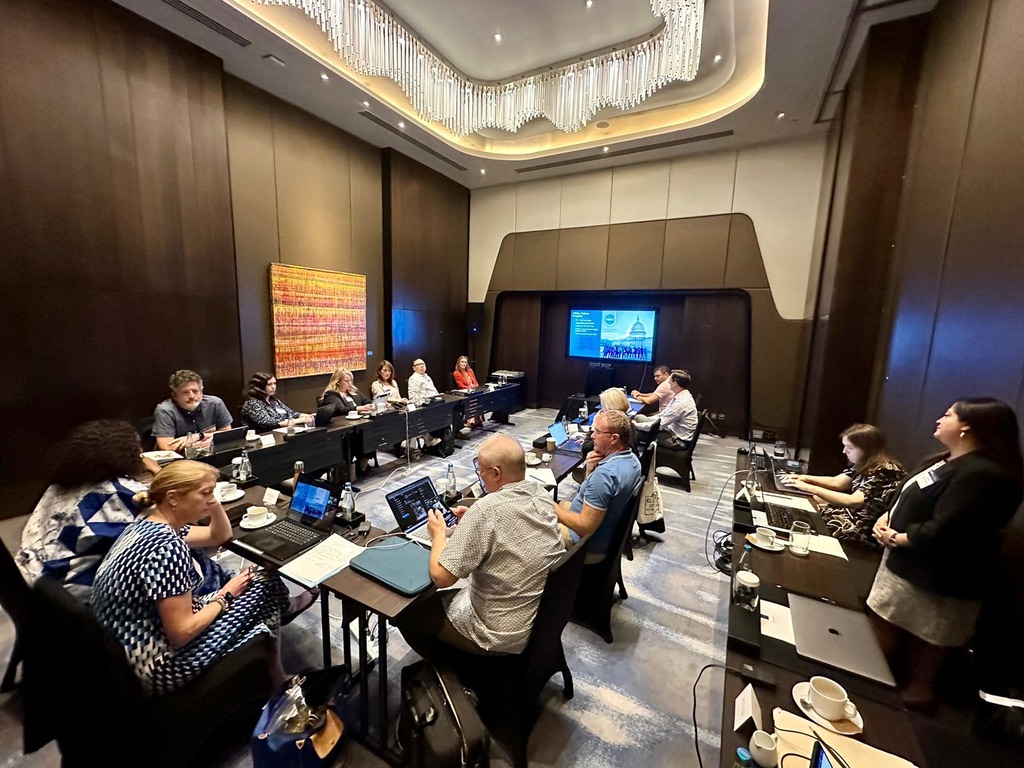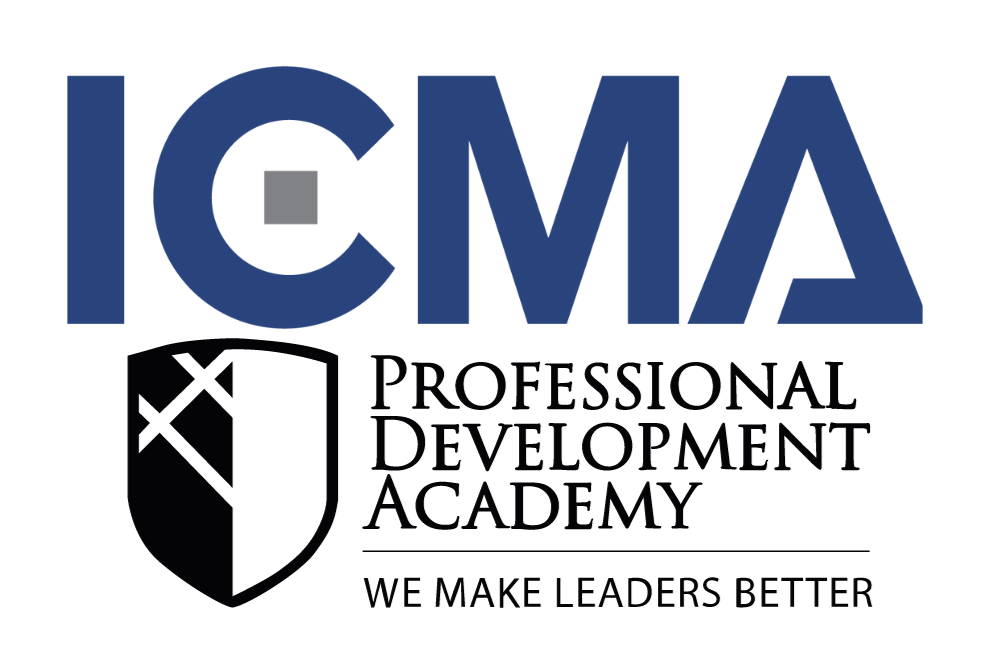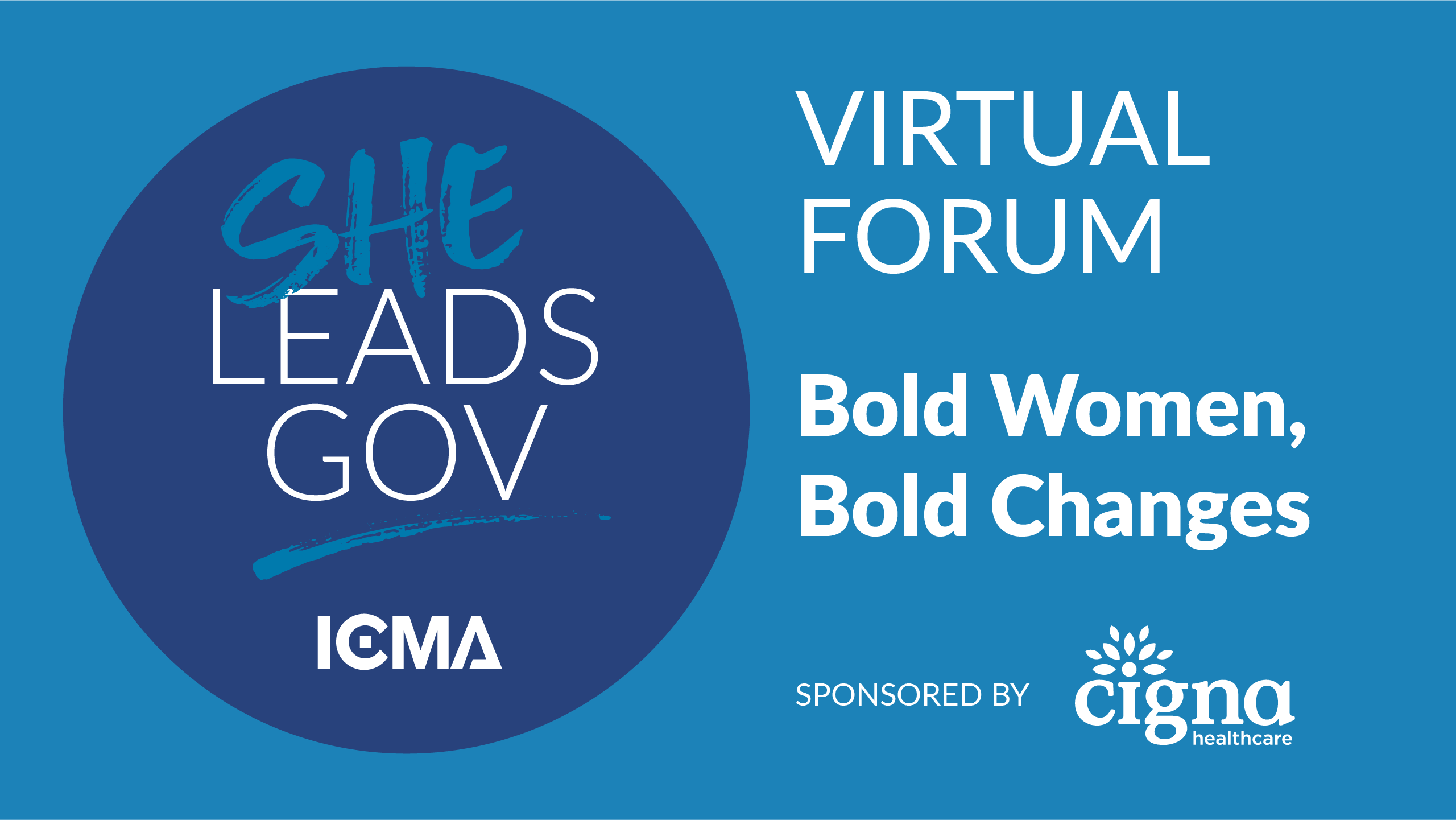

How to navigate your way up the local government ladder



New stats that outline challenges local governments are experiencing by being short-staffed and how they must respond to attract and retain talent.

The lasting effects of Community Heart & Soul.


Submit your presentations by Friday, December 1

